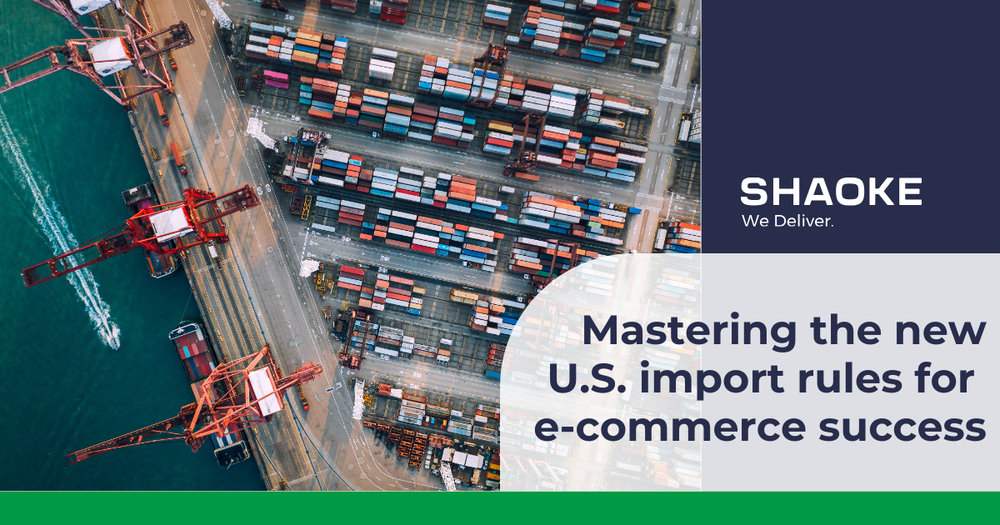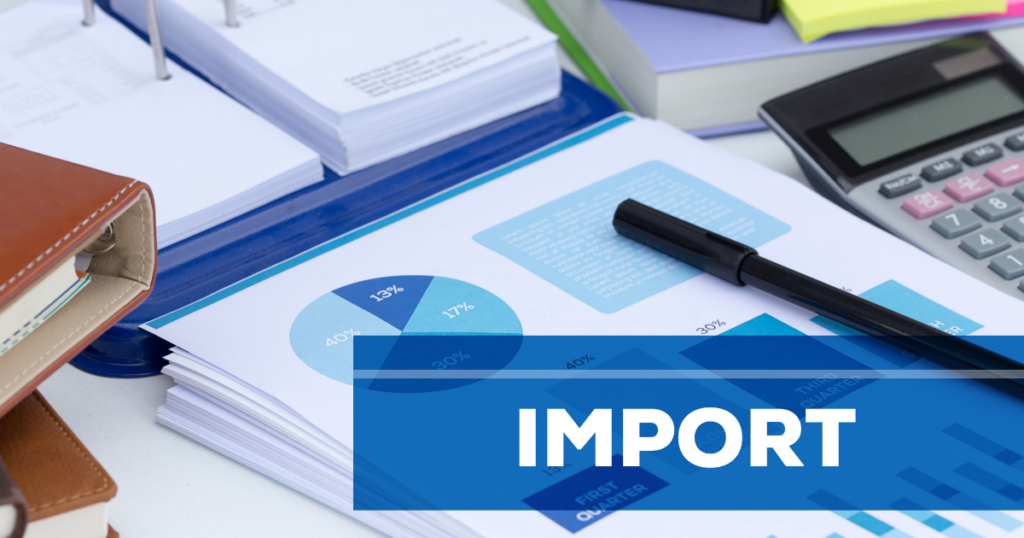
In recent changes to U.S. import regulations, the de minimis value threshold has come under stricter scrutiny, impacting many e-commerce businesses that rely on low-value imports to fulfill customer orders. The de minimis rule, also known as Section 321, allows goods valued at $800 or less to enter the U.S. duty-free. However, recent adjustments mean tighter restrictions and increased customs enforcement, particularly for goods coming from certain countries. E-commerce companies need to understand these changes and adapt their strategies to ensure compliance and avoid unexpected costs.
The Importance of Accurate Documentation
For many e-commerce businesses, the de minimis rule has been a significant cost-saving measure, allowing smaller shipments to clear customs without tariffs. However, the U.S. Customs and Border Protection (CBP) now requires more rigorous documentation for these imports to verify origin and value. Additionally, CBP has raised scrutiny on companies that attempt to bypass duties by splitting large shipments into smaller ones or by undervaluing goods. Understanding these enforcement trends can help e-commerce companies avoid penalties and ensure their shipments continue to qualify for duty-free entry.
Implementing Effective Record-Keeping
To tackle these new rules, accurate record-keeping is essential. E-commerce companies should keep detailed records of product costs, origin, and shipping information. This documentation can be crucial in proving compliance if a shipment is flagged for inspection. Implementing a system to track this data efficiently will help not only with compliance but also with managing cash flow by predicting when duties might be incurred. Working with a customs broker or a logistics partner experienced in U.S. customs requirements can also ensure that paperwork and filings meet the latest standards.

Reassessing Fulfillment and Shipping Strategies
Another strategic adjustment for e-commerce companies is reassessing fulfillment and shipping strategies. For instance, rather than shipping each order separately, which might increase the risk of scrutiny, companies might explore centralized warehousing options within the U.S. This can reduce the number of international shipments and avoid frequent de minimis filings. Additionally, e-commerce companies could consider using “bonded warehouses,” where goods can be stored without immediately incurring import duties until they are sold and shipped domestically.
Staying Informed on Regulatory Changes
Finally, ongoing education is essential in keeping up with import regulatory changes. The U.S. government regularly updates trade policies, especially in response to trade relations and domestic economic concerns. Regular training for compliance teams, as well as updates from logistics partners or customs brokers, can help ensure your business is prepared for any future changes to the de minimis value rule. By adapting to these new rules and staying vigilant with compliance, e-commerce businesses can maintain smooth, cost-effective import operations and continue to serve U.S. customers without disruption.

